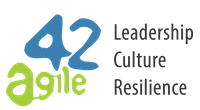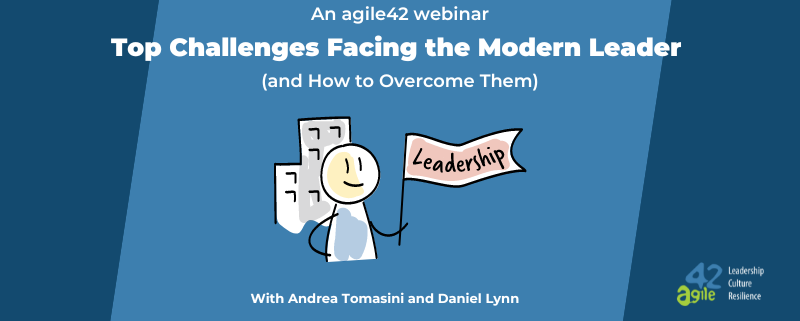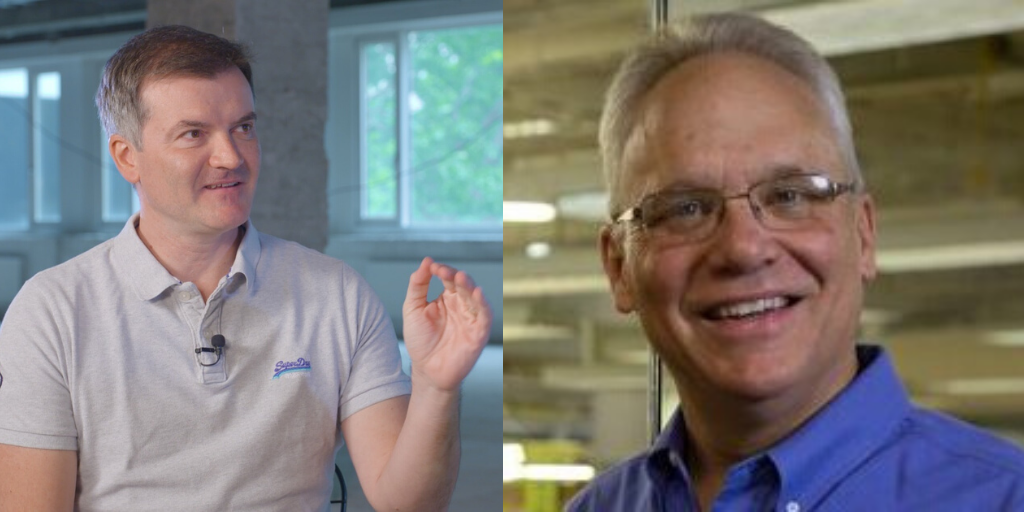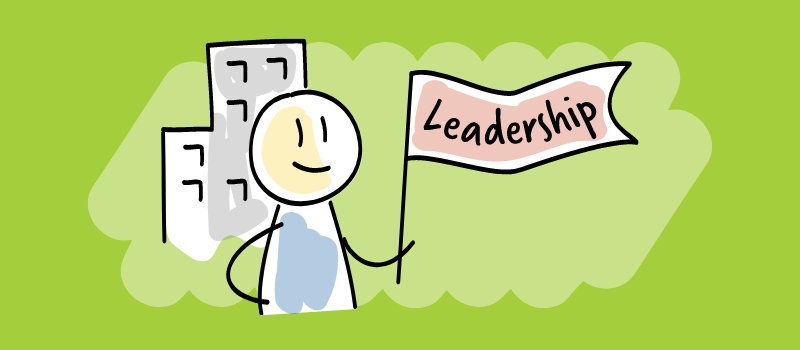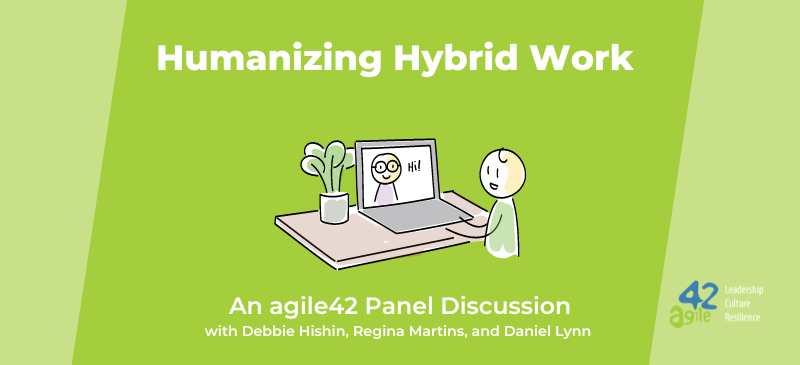Webinar | The Top Challenges Facing Modern Leaders
Resilient leadership is about adaptability, open communication, and creating a positive culture. Leaders need to build strong relationships, set attainable goals, and foster collaboration within their teams. By embracing these insights & watching our leadership webinar, you can navigate uncertainty with greater confidence and resilience.
When we look at how the world has changed over the last few years, resilient leadership has become more critical than ever. Leaders face uncertainty, ambiguity, and evolving challenges, making it essential to adapt and guide their teams effectively. Our webinar on the challenges facing modern leaders provided valuable insights into building resilient leadership in uncertain times. Watch the full webinar below, or read on for a look at some of the key takeaways.
Watch our Leadership Webinar: The Top Challenges Facing Modern Leaders
1. Culture isn’t just an abstract concept; it’s the driving force
Culture is the driving force behind how people in an organization behave and make decisions. The culture within an organization plays a significant role in shaping behavior and attitudes. It has a powerful influence on how employees collaborate and interact. Andrea Tomasini firmly states, “The culture we create in the work environment is much more strong and relevant in the day-to-day relationship between people.”
As organizations become more diverse and global, understanding and managing organizational culture becomes even more crucial. Different cultural backgrounds bring unique perspectives and expectations to the table. Leaders must recognise these differences and create an inclusive culture where everyone feels valued and heard.
Tomasini maintains, “We need to leverage the culture that makes us common: our values, our principles, our established rituals, our way of interacting with one another. Those are the things that we know for sure won’t change because they only depend on us and the way we relate to one another. That creates a sense of strength and certainty, which is very strong and can help us find new structures to create the value and achieve the goal we wanted to achieve.”
Building a positive and adaptive culture is essential for enabling teams to thrive in uncertain environments. A culture that encourages innovation, open communication, and continuous learning empowers employees to tackle challenges creatively.
2. Resilient leadership involves creating new experiences for teams
These new experiences are designed to reshape beliefs and behaviors, fostering collaboration and problem-solving.
A mindset that embraces collective responsibility can contribute to a team’s overall teamwork capabilities. As leaders, we must create experiences that foster shared responsibility and accountability. Daniel Lynn notes that teams must ask themselves, “How are we going to work together? How are we going to collectively own this problem?” He answers, “ultimately, it is our job as a team to solve that problem. We all bring different knowledge and skills into it. We all have an interesting perspective. Let’s lean into that.”
Whether it’s through innovative meetings, diverse approaches, or unique team-building exercises, leaders should actively seek ways to introduce fresh experiences that challenge the status quo.
The specific approach to creating new experiences may vary based on cultural context. For example, while a rousing speech may motivate teams in some cultures, others may prefer a more structured approach. Understanding these preferences helps leaders customize their strategies effectively.
3. Setting attainable, short-term goals is crucial in times of uncertainty
Unrealistic long-term goals can overwhelm teams and lead to demotivation. Resilient leaders collaborate with their teams to establish achievable and relevant goals for the current environment.
In the leadership webinar, Lynn states, “When you realize the goal you are trying to achieve is unrealistic, then a good way to go about it as a leader is to trust the capability of the team and just ask them: ‘Okay, we’re not going to get this goal but what can we get instead which goes in a similar direction?’”. These short-term wins provide a sense of accomplishment and maintain motivation.
Toimasini adds, “A good leader today needs to be able to set goals which are attainable. Short-term goals are something that people can work with, and even if there is still uncertainty, we can find multiple different strategies or options to cope with that uncertainty.” This, he says, helps us to avoid being overwhelmed by goals that are so long-term that it’s hard to figure out where to start.
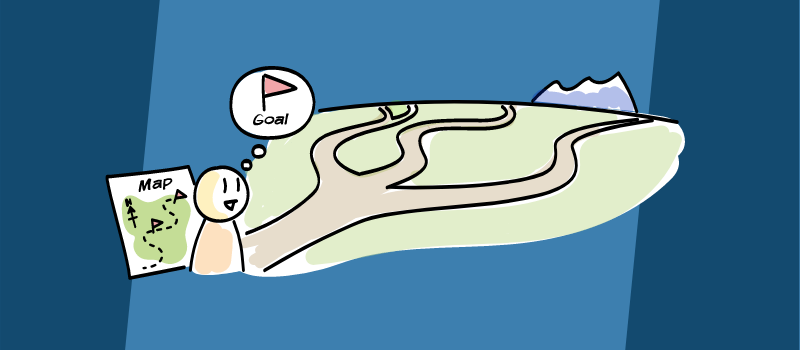
4. Lean into open communication and acknowledge anxiety
Resilient leadership centers on nurturing strong relationships within the organization. Open communication is key to achieving this. Leaders should create an environment where team members feel comfortable sharing their concerns, ideas, and even their anxieties. As Lynn notes, “Yes, we all have anxiety and that’s okay to be open about it.” Encouraging open dialogue fosters trust and strengthens team bonds.
Lynn continues, “One of the things that we keep advocating for is to lean into your relationships and lean into other people.” Expressing anxiety is normal, especially in uncertain times. Leaders play a vital role in normalizing these feelings by acknowledging their own anxieties and encouraging team members to do the same. This openness reduces the stigma around anxiety and creates a more empathetic workplace culture.
5. Minimize the “Us vs Them” mindset
Resilient leaders must evaluate aspects of the work environment that create division or “Us vs Them” conflicts. This division can arise from various sources, such as departmental rivalries or hierarchical structures. Leaders should actively work to break down these collaboration barriers.
In the leadership webinar, Lynn emphasizes this point: “Those “Us vs Them” things aren’t going to help you build resilient teams and resilient strategies. Those are the places that you may reevaluate: is this approach really helping me, or is there another approach that’ll serve us better?”
Collaboration and teamwork should be used to address challenges collectively. Resilient leaders emphasize the importance of working together rather than pitting different groups or individuals against each other. A united front is essential for tackling uncertainty effectively.
Want to learn more about leadership?
Check out our online courses or enquire about our Certified Agile Leadership training.
-
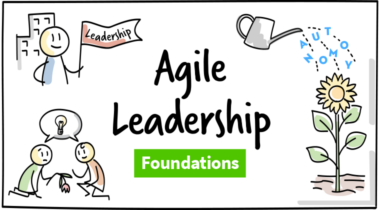 Agile Leadership Foundations€79.00 (excl. VAT)
Agile Leadership Foundations€79.00 (excl. VAT)
